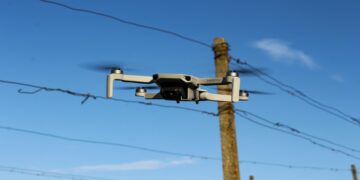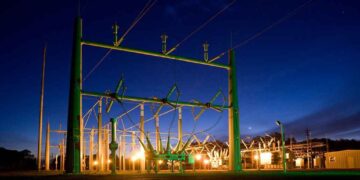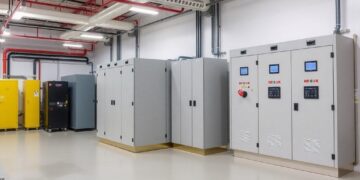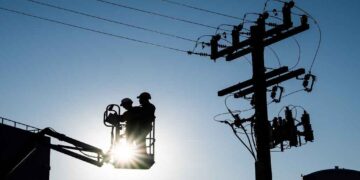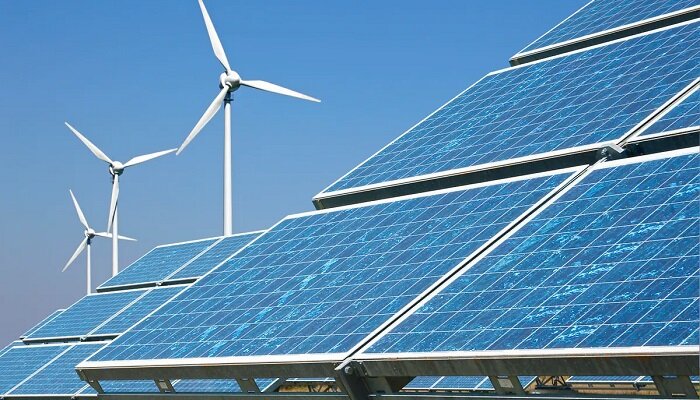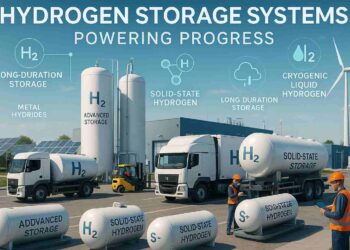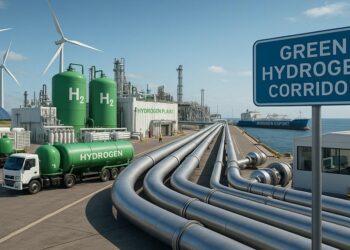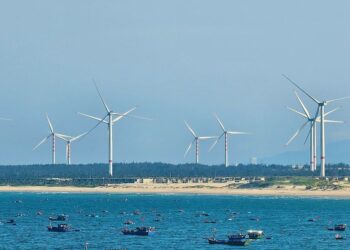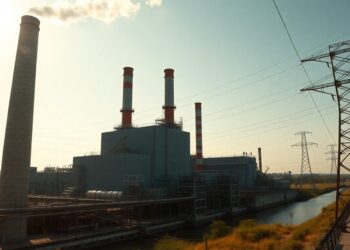Germany’s energy sector has gone on to welcome the Pact for Germany initiative that has been launched by the government as well as the country’s 16 states. The initiative stands focused on speeding the implementation of infrastructure projects, which include renewable power installations, transmission lines, and hydrogen facilities, by way of reducing bureaucracy.
The Pact for Germany comes at the right time, opines the head of the German Association of Energy and Water Industries- BDEW, Kerstin Andreae.
The country needs to quadruple the speed of wind power turbine expansion and also triple it for solar photovoltaic installations, said Andreae. This can only go on to work if planning as well as licensing processes are made much more efficient. She further said that the nation needs a can-do attitude in each and every administrative office. The pact was launched by Olaf Scholz, the chancellor, in partnership with other state premiers. It introduces an overall reform of needed applications, deadlines, licenses, and also red tape, complicating and prolonging the infrastructure projects that happen to be urgent.
According to Andreae, the pact happens to be a crucial step for speeding up the energy shift, however could only unleash its entire potential if more staff gets to be recruited in administration and also if key processes turn digital.
The German Renewable Energy Federation- BEE also went on to welcome the initiative, specifically since it signalled the federal and state governments’ willingness to work in tandem more effectively. The head of BEE, Simone Peter, stated that the average duration when it comes to planning as well as licensing for wind turbines is currently more than 2 years. The pact happens to have the capacity to enhance this. She also emphasized that the geothermal energy inclusion in the pact is most likely to boost the tech that could go on to potentially offer up to one-fourth of the demand for heating in Germany.
Geothermal power, just like solar thermal energy, would be required to achieve the country’s ambitious goals of decarbonization within the heating sector, added Peter.
The German Wind Power Federation- BWE which went on to ease the regulation of heavy transport in the case of wind turbine elements, could be potentially helpful to boost renewable expansion. BWE head, Barbel Heidebroek, said that they have seen projects get indefinitely delayed numerous times because of the lack of transport licenses. What according to Barbel is important at present is that these decisions get implemented quickly.
It is well to be noted that Germany’s federal as well as state governments are looking to speed up investments in the construction of renewable power installations with a broad range of measures that are outlined within the Pact for Germany. That said, environmental groups happen to be concerned that the compromise could go on to undermine nature protection by reducing the abilities of the citizens’ to participate and squeeze the room for legal intervention through conservationists.














